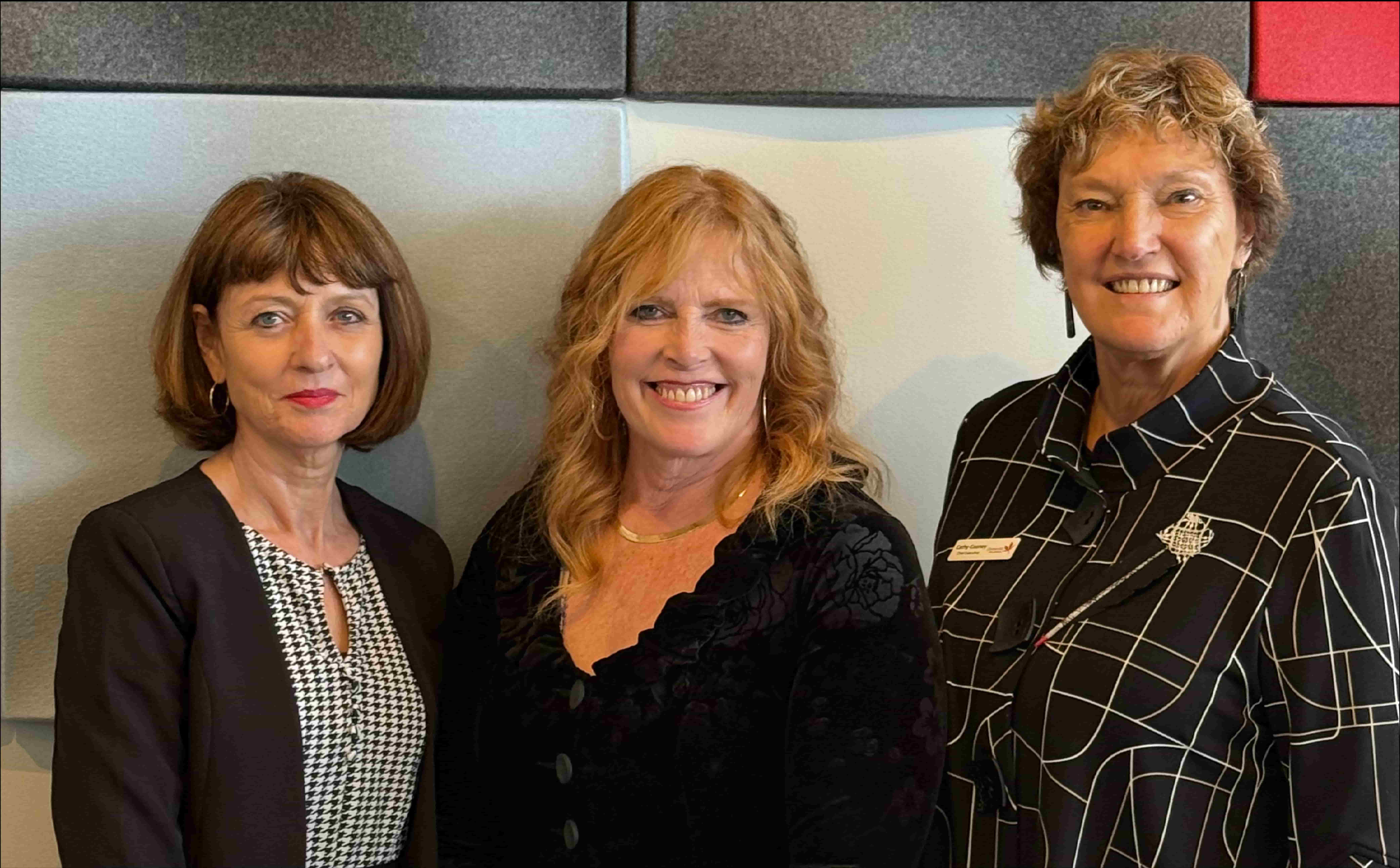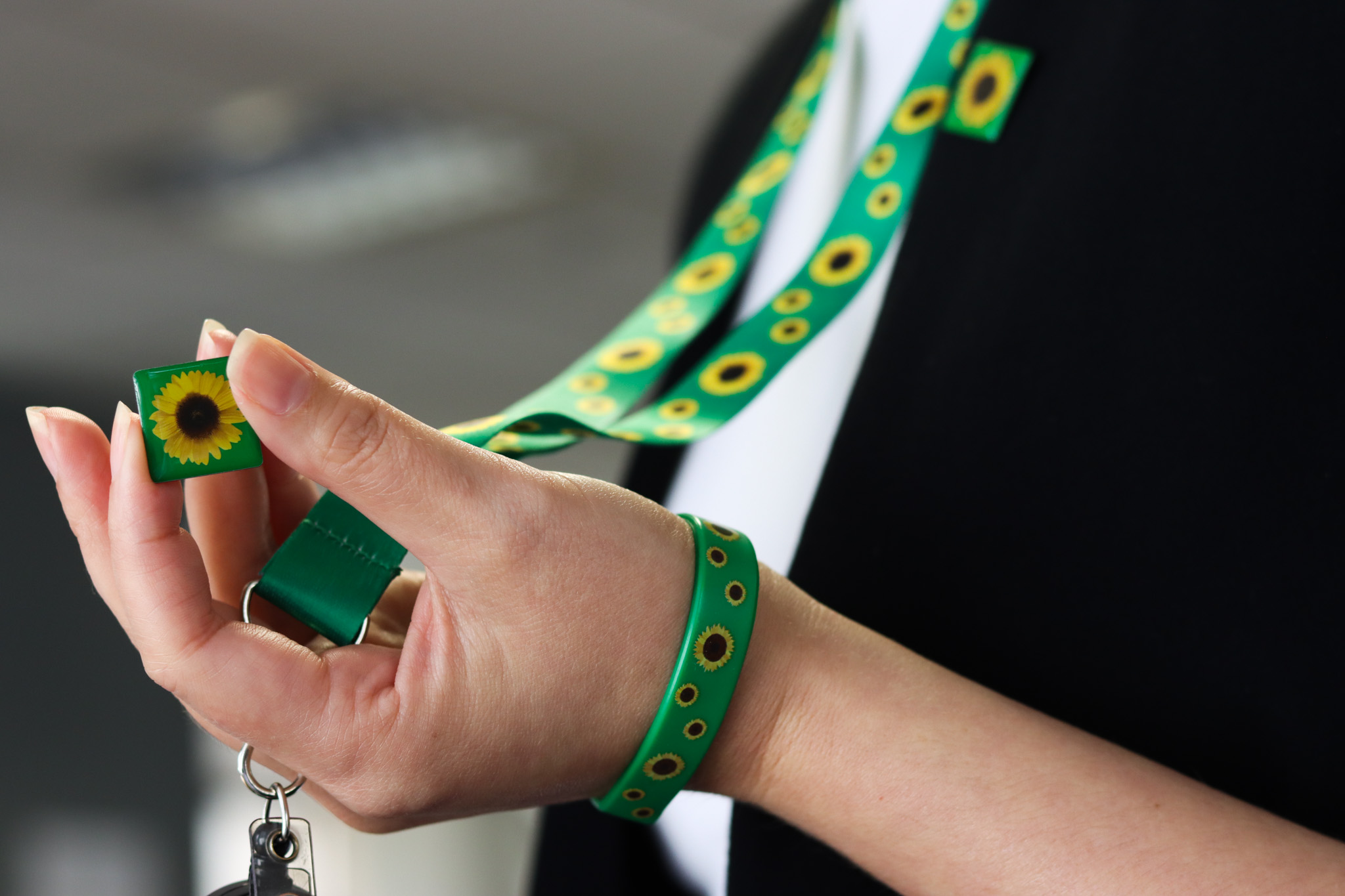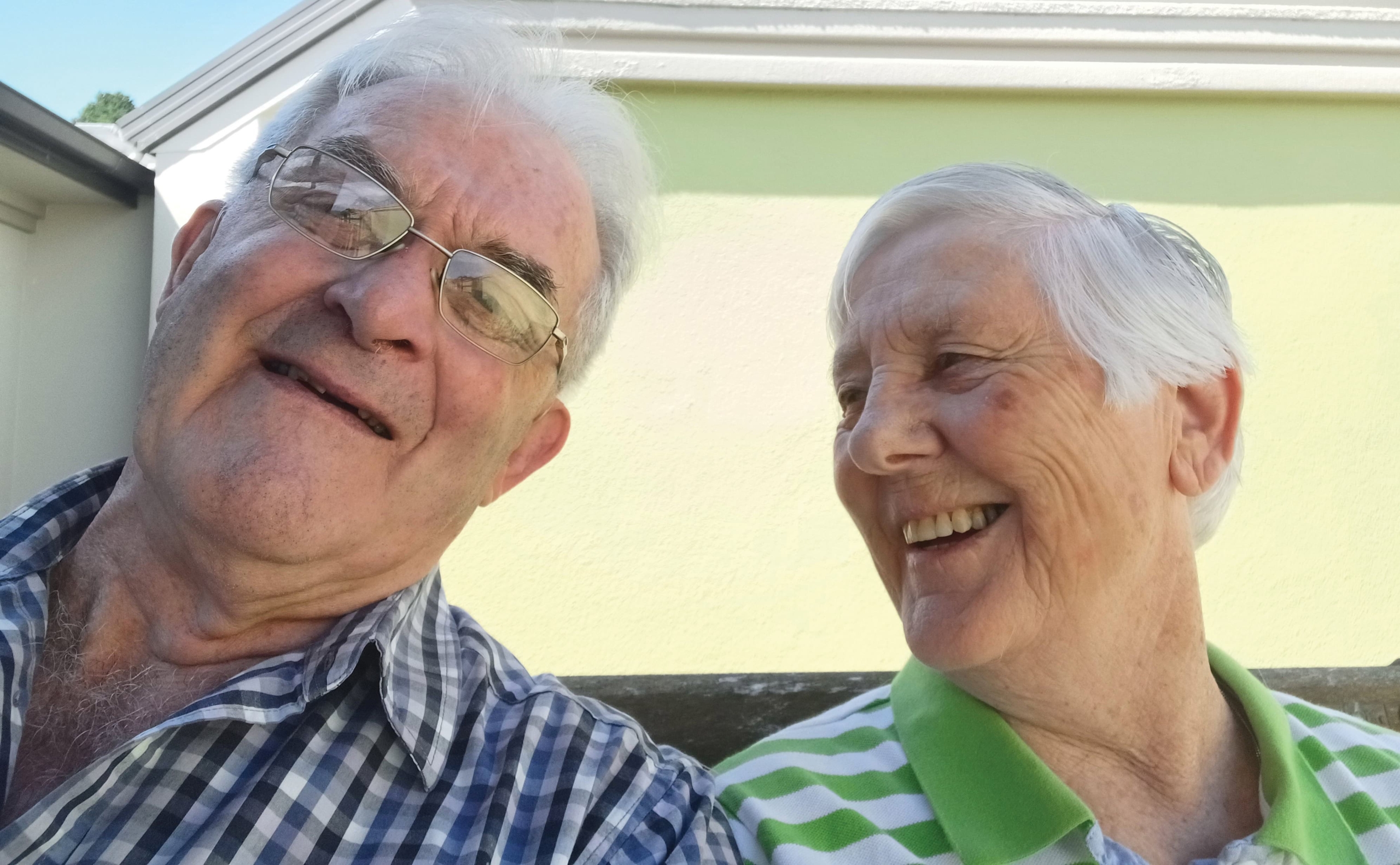Parkinsons’ Disease Dementia
What is Dementia?
Dementia is the umbrella term for a number of diseases and causes of problems with thinking and memory that are severe enough to make managing day to day life more difficult to achieve. Signs and Symptoms can vary considerably but may include memory loss, poor concentration, difficulties with planning and organising, and disorientation problems.
What is Parkinsons’ Disease Dementia?
- Parkinson’s Disease Dementia occurs when a person who already has a diagnosis of Parkinsons experiences gradual changes in thinking and behaviour as described above as well as the problems with movement and tremor associated with Parkinson’s disease.
- Most people with Parkinsons Disease notice problems with movement between the ages of 50-85.
- The average time frame from the onset of movement problems to the development of dementia symptoms is approximately 10 years.
- Parkinson’s Disease and Dementia with Lewey Bodies
- Parkinson’s Disease Dementia and Dementia with Lewey Bodies are the 2 most common dementias connected with Parkinsons Disease.
- Parkinsons Disease Dementia is a continuation of Parkinson’s Disease.
- Dementia with Lewey Bodies is caused by an increase of a protein called Alpha-synuclein protein, causing disturbance in function.
- Both have problems with thinking, behaviour and movement but in Dementia with Lewey Bodies the thinking and behaviour problems come first and in Parkinson’s related dementia the movement problems come first as the dementia is a continuation of the Parkinson’s disease process.
What you might see in Parkinson’s Disease Dementia
- Tremors, slowed movement, and poor balance.
- Freezing when walking- usually when taking the first step.
- A less expressive face.
- Speech may become slow, muffled, or slurred. Word finding difficulties may also be evident.
- Emotional changes, creating difficulties in controlling emotions, especially with increased agitation and mood swings.
- Memory problems – especially Short-Term Memory
- Problems with thinking including decreased ability to focus, poor judgement with more impulsivity, decreased ability in problem solving, reasoning, and planning.
- Disorientation.
- Increased confusion
- Fatigue and loss of motivation.
- Sleep problems especially wanting to sleep more during the day and Rapid Eye Movement, (REM) sleep disorder.
- Hallucinations
- Delusional Thinking with an increase in paranoid ideas.
What you might see in Vascular Dementia
- Stroke like symptoms such as sudden one-sided weakness and problems with speech.
- Problems with movement and balance.
- Speech may become slow, muffled, or slurred. Word finding difficulties may also be evident.
- Emotional changes, creating difficulties in controlling emotions, especially with increased agitation and mood swings.
- Memory problems – especially Short-Term Memory
- Problems with thinking including decreased ability to focus, poor judgement with more impulsivity, decreased ability in problem solving, reasoning, and planning.
- Disorientation.
- Increased confusion
- Fatigue and loss of motivation.
- Sleep problems especially wanting to sleep more during the day and Rapid Eye Movement, (REM)sleep disorder.
- Hallucinations
- Delusional Thinking with an increase in paranoid ideas.
Things That You Can Do That May Help
- Make sure your GP is involved in the care. Some Parkinson’s medications may increase the dementia effects, so it may be necessary to think about the “balancing act” of managing symptoms. Monitor any changes you see after medication changes and discuss these with your GP.
- Contact your local Dementia New Zealand affiliate for support. The team at Dementia New Zealand are always happy to help with a listening ear and support.
- The following things may help sleep disturbances:
1. Consult your GP re treating any underlying conditions such as depression, sleep apnoea or restless leg syndrome. Medication reviews and considering Melatonin use are also things to talk with the doctor about.
2. Establish a workable routine that minimises daytime sleeps, has a peaceful unwind time in the evenings and ensures you only go to bed when sleepy.
3. Ensure your bedroom is a peaceful place, conducive to sleep.
4. Avoid caffeine in the afternoon and evening.
5. Avoid smoking.
6. Avoid excessive drinking.
7. Increase physical exercise – but don’t exercise too close to bedtime. - Responding to hallucinations – hearing, seeing, smelling, and feeling things that are not there.
1. Check the environment and make changes as necessary. e.g. if the lighting causes shadows that trigger a hallucination, change the lighting.
2. Maintain routines so that there are not too many surprises.
3. Be Truthful.
4. Don’t deny their experience – it is very real to them.
5. If the hallucination is happy, it’s OK to ignore it.
6. If the hallucination is distressing the person may be agitated so exercise caution. Write down what happened so that you can discuss this with the doctor. It is helpful to be able to tell he doctor if here are any triggers, what the person is seeing and how they respond to that, also duration and frequency.
7. Validate any feelings they may have about what they are experiencing.
8. Offer reassurance.
9. Divert to something else. - Responding to delusional thinking – Strongly held false beliefs that the person with dementia
thinks are real. Paranoia is a type of delusion where the person feels that others are out to harm
them in some way.
1. It’s not easy – but try not to take offence if you are accused of something that is false.
2. Its not helpful to argue or try and convince the person.
3. Listen to what is troubling them. Let them know that you care.
4. Check things out whether the beliefs are true or false- don’t just assume.
5. Validate any feelings that are brought out due to the false thinking.
6. Consider that the person with dementia may have confused the past with the present. It may have occurred in the past.
7. Keep to a regular routine as much as possible.
8. Look for the reason behind the delusion. E.g. Accusations that someone has stolen something are likely because they have lost it. Check that things haven’t been misplaced. On that front – have regular places for things that get easily lost such as wallets & keys.
9. Offer reassurance.
10. Divert to another activity – move to a different room, go into the garden, or go for a walk.
11. Turn off the TV if the programme is violent or upsetting.
12. Explain to others that the delusional thinking is occurring because of their dementia.








